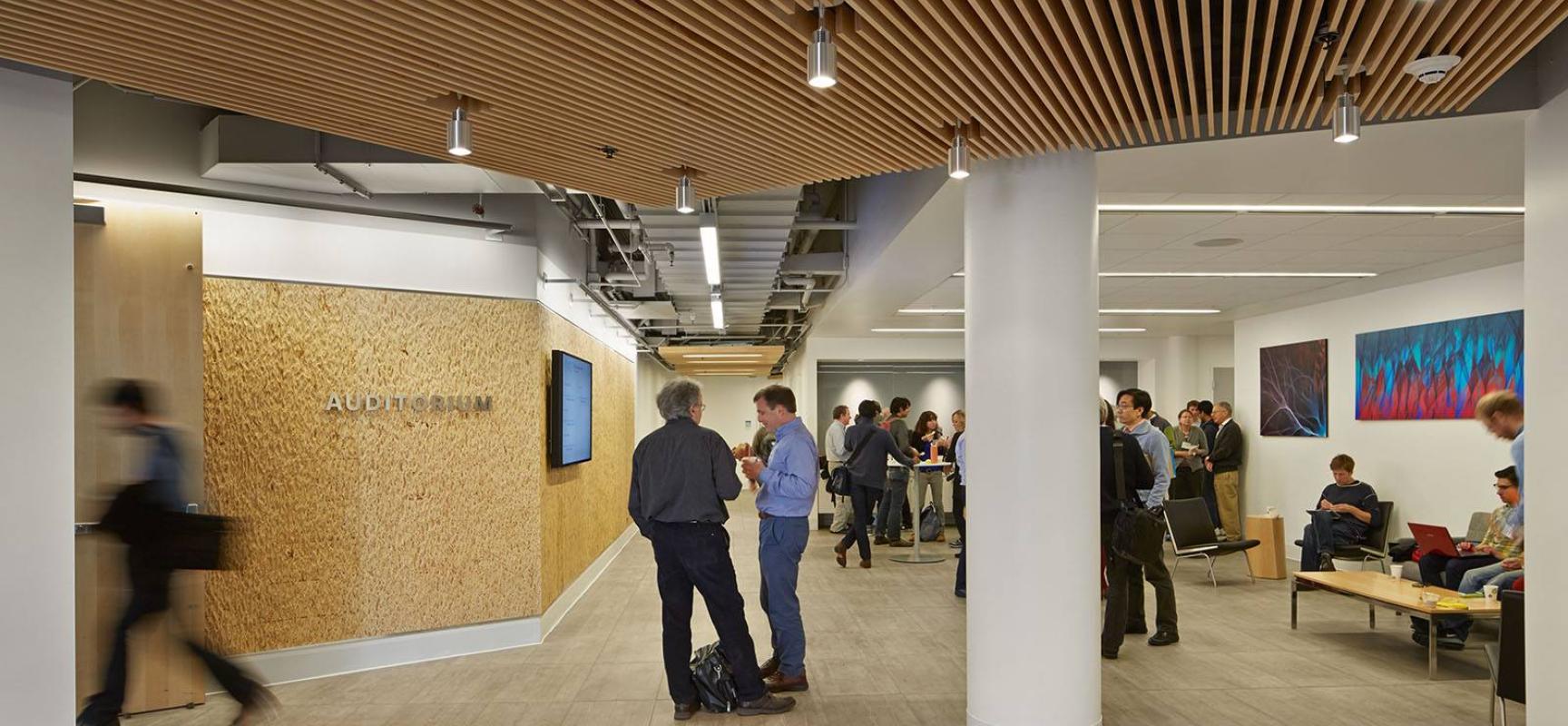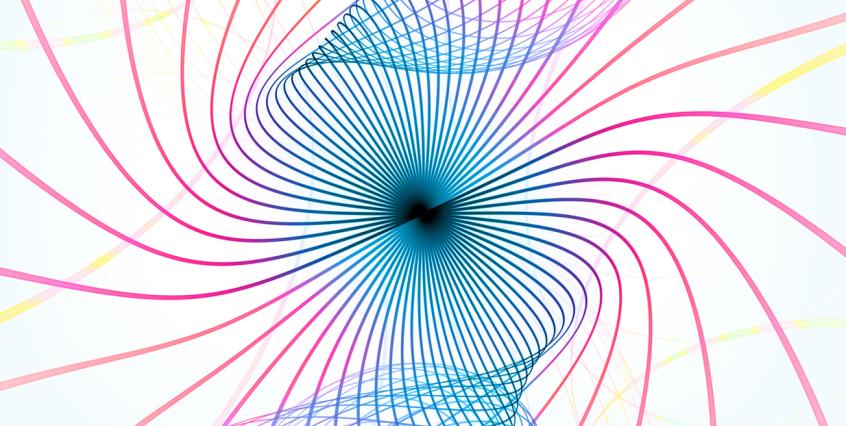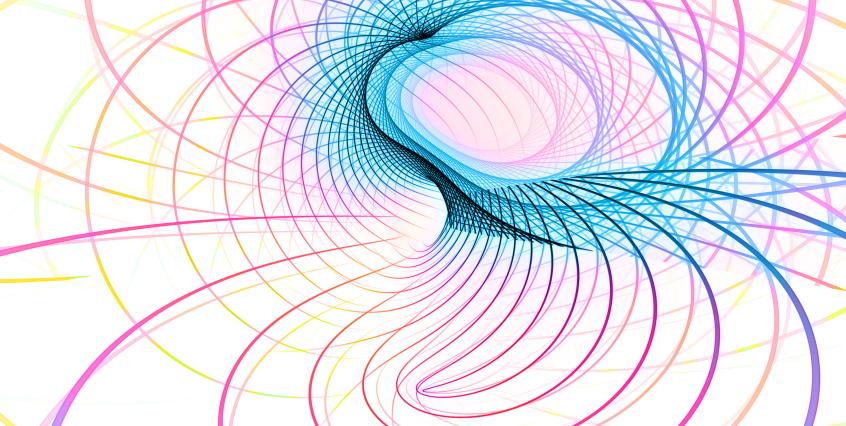
Quantum Colloquium
Quantum Colloquium
This colloquium series features talks by some of the foremost experts in quantum computation in the form of "an invitation to research in area X". With the explosion of interest in quantum computation, there is a dizzying flurry of results, as well as a diverse group of researchers who are drawn to this field. This colloquium series aims to target three audiences:
- Experts in quantum computation: It is increasingly difficult for even experts to keep up with the results in adjacent areas. These colloquia will aim to identify the key results and techniques in the area, as well as the most important directions for further research.
- Interested researchers in (classical) theoretical computer science: There are deep connections between ideas in quantum computation and classical complexity, algorithms, etc. These colloquia aim to make these connections more accessible to the broader TCS community.
- Interested mathematical and physical science (MPS) researchers: These colloquia aim to enable MPS researchers to cut through the clutter to make connections to CS style results in quantum computation.
Public Zoom webinar link: https://berkeley.zoom.us/j/97697182729
If you wish to receive ongoing information about talks in this series, or to gain immediate access to the recordings before they're captioned for publication, please register for the series.
If you require accommodation for communication, please contact our Access Coordinator at simonsevents@berkeley.edu with as much advance notice as possible.
Panel Discussion: Issac Chuang (MIT), Irfan Siddiqi (UC Berkeley), Kristiaan De Greve (IMEC)
Panel Discussion: Stephen Jordan (Google), Robert Huang (Caltech)
Panel Discussion: Zvika Brakerski (Weizmann Institute of Technology), Martin Ekerå (KTH), Antoine Joux (Sorbonne Université)
Panel Discussion: Jeongwan Haah (Stanford), Tony Metger (ETH Zurich), Ryan O'Donnel (CMU).
Panel Discussion: Fernando Brandao (AWS & Caltech), Shayan Gharan (University of Washington), and Matt Hastings (Microsoft)
Panel Discussion: Douglas Stanford (Stanford), Vinod Vaikuntanathan (MIT) and Henry Yuen (Columbia)
Panel Discussion: John Wright (UC Berkeley), Ronald de Wolf (CWI) and Mark Zhandry (NTT Research/Stanford)
Panel Discussion: Madelyn Cain (Harvard University), Earl Campbell (Riverlane), and Jeongwan Haah (Stanford University)
Panel Discussion: Craig Gidney (Google), Peter Shor (MIT) and Vinod Vaikuntanathan (MIT)





